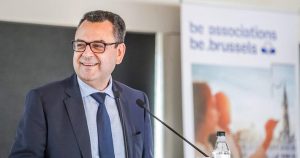The third Destinations for All Summit 2021 will be held in September 2021 in Miami, USA
Summit date: 19 to 21 September 2021
Summit place: Hilton Miami Downton Hotel in Miami (Florida - US)
In 2021, the third world summit on accessible tourism will take place in Miami. What will be the main purpose of the summit?
We want to follow up on the work being done in Brussels and Montreal. We need to have a moment to look back to the beginning to see where some of us started and how we have progressed. We also want to welcome our newcomers and we will have full programming for them as well, such as giving website accessibility for beginners, and perhaps a program for those looking to expand their online presence. It is important to bring new ideas to the table while ensuring we address older topics for those who are further along in their accessibility/inclusion projects.
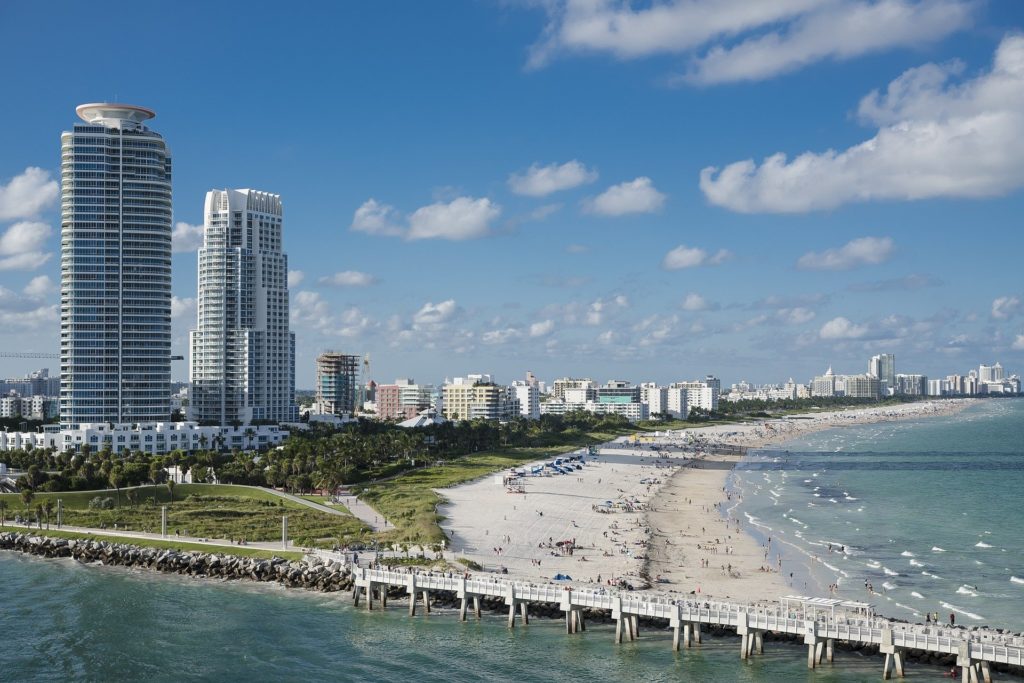
What will be the key topics of discussion and who will you have as speakers?
Destinations and technology, of course, will be big topics. These are likely to be divided among many categories. Hotels, airlines, airports, and ground transport will also be strong discussion points and we hope to encourage many travel agents and other travel professionals to attend. The speakers will be leaders in their respective fields, from academia, government, industry professionals, and of course, travellers with disabilities.
What are the main challenges for the 2021 summit, and how can they be resolved?
Information will be the main obstacle for the DFA 2021 summit. We have to find ways of spreading the word about the event to every inch of the globe. We hope that the “word of mouth” network will encourage everyone to attend, but we would also like to make attendance easy and affordable. A major challenge will be to raise enough money to subsidise certain people who may not be able to afford to participate otherwise.
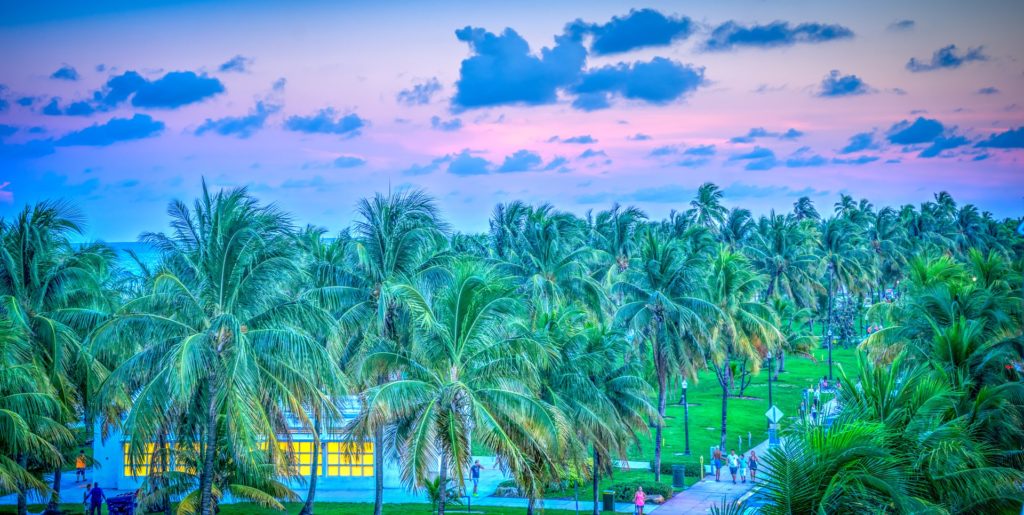
Why was Miami chosen? What are its advantages over other destinations?
Miami is a gateway to the United States and it really exemplifies the diversity and multicultural aspects that appeal to the organisers of events such as DFA. Miami also has a world class airport and accessible transportation that makes it easy to get in and out of the city: not to mention the hospitable people, the great food, and of course, the weather! All this and beautiful, accessible beaches and sidewalks make Miami the perfect destination for all!
What three qualities most appeal to you about Miami?
There is a large population of people with disabilities, and the fact that Miami and Florida are huge tourist destinations, so the event will have an impact on an area of the country that should be showcased.
What would you recommend to international delegates if they could only visit three places in Miami?
Visit the famous Miami Beaches. Walk the streets of South Beach, or enjoy a stroll around the cosmopolitan Bayside Market, just a short distance away from Port Miami with its cruise ship terminals.
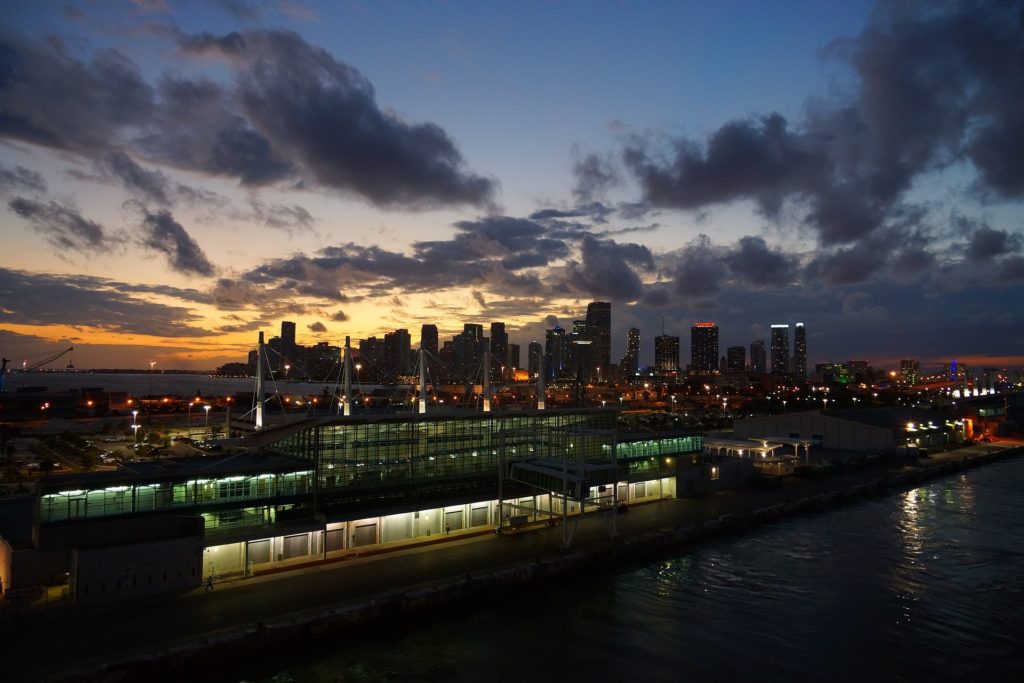
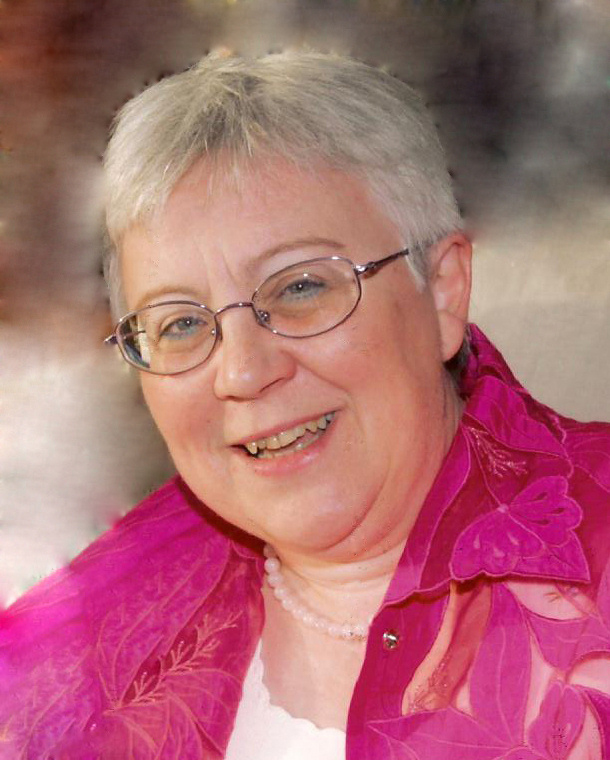
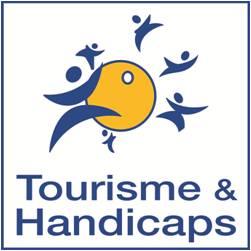
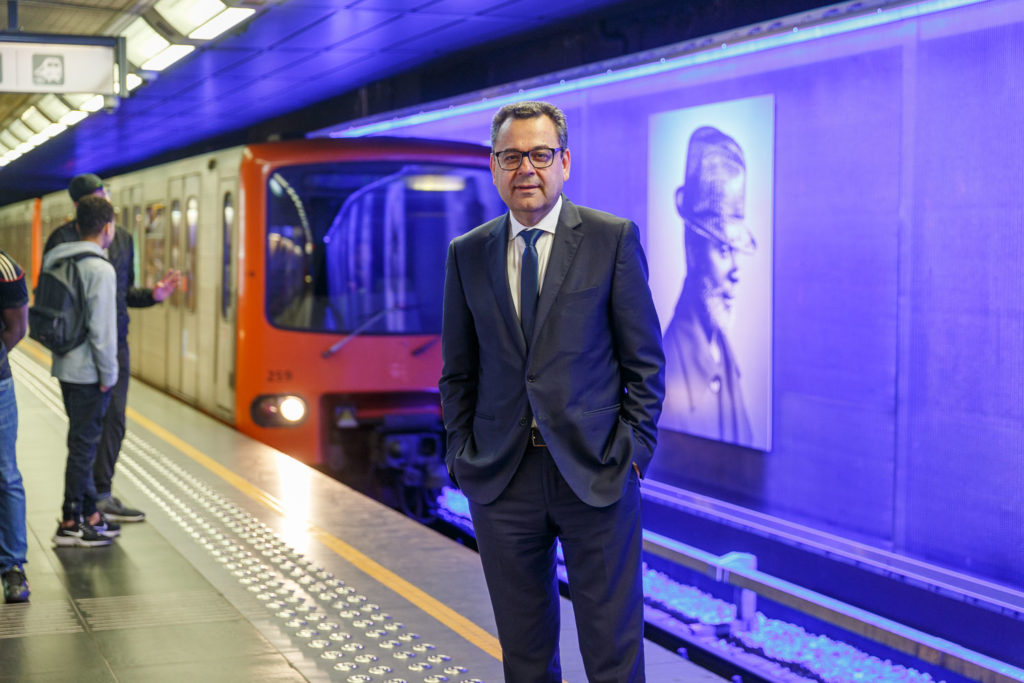
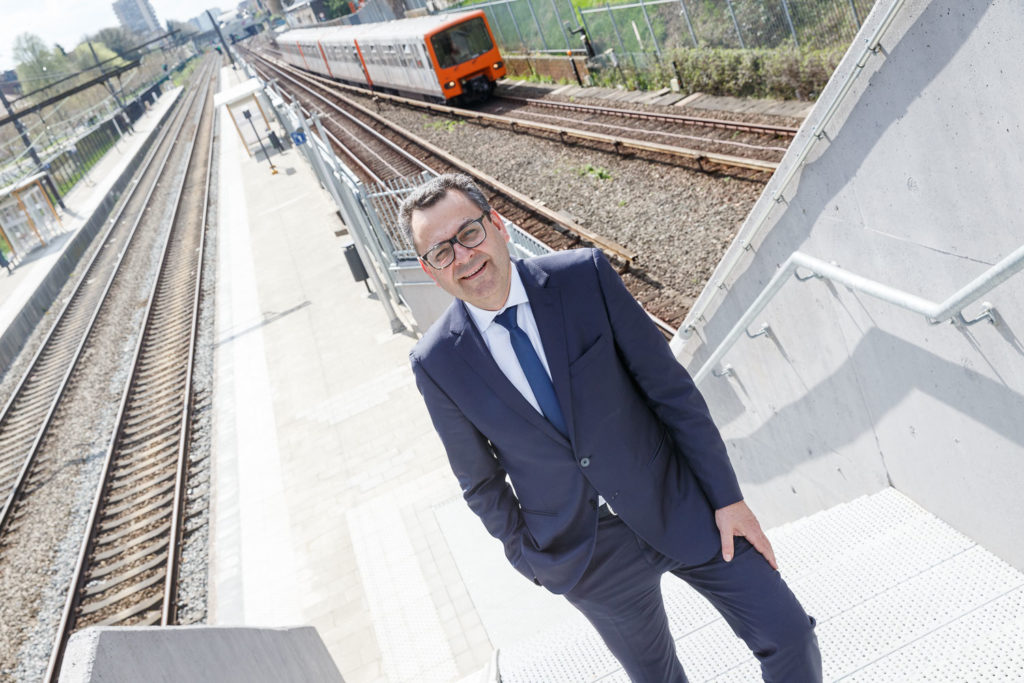
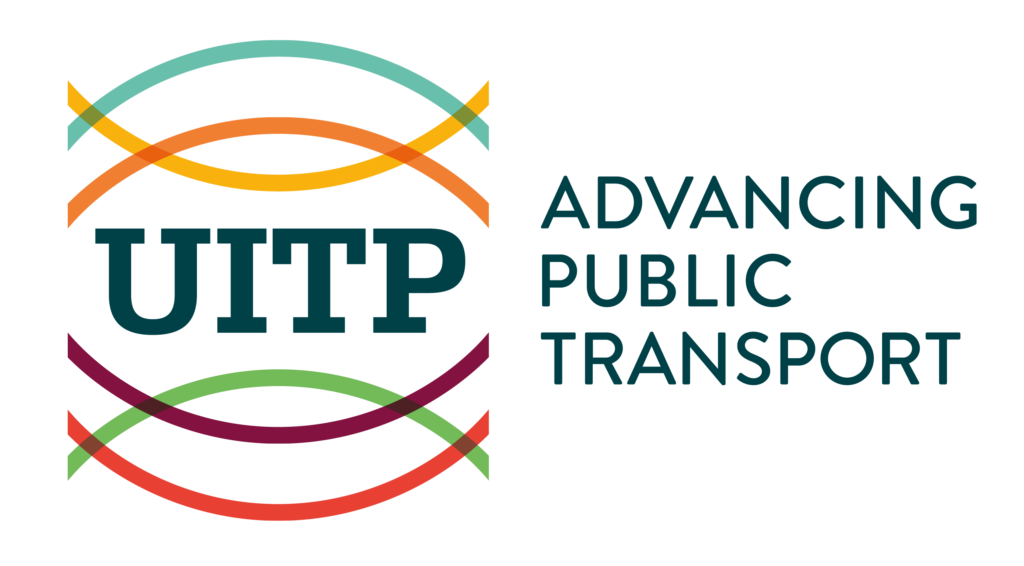
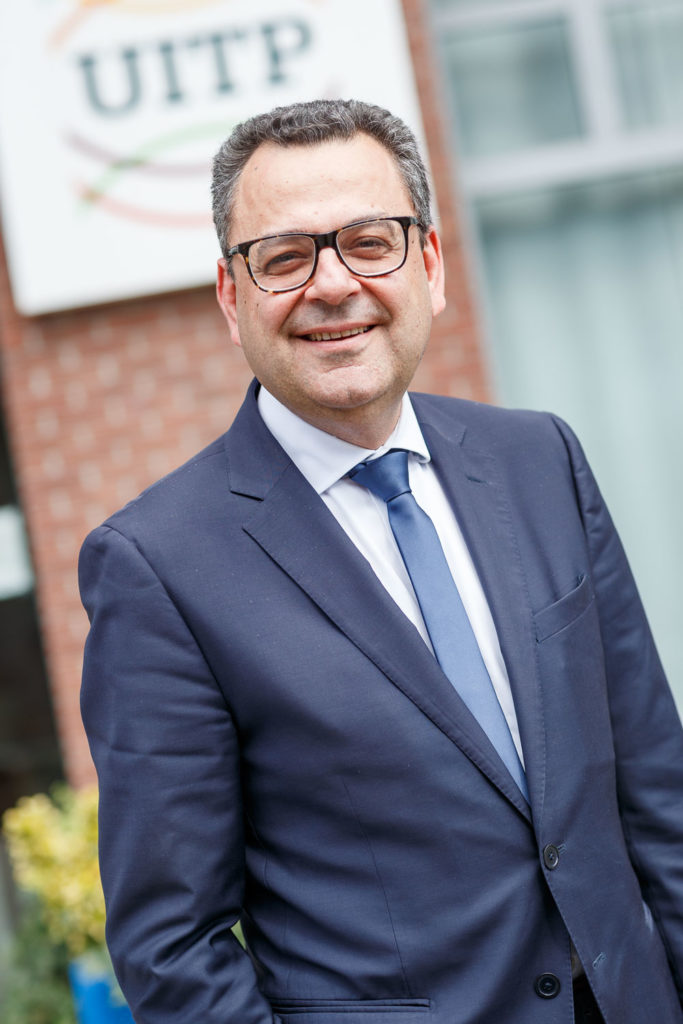
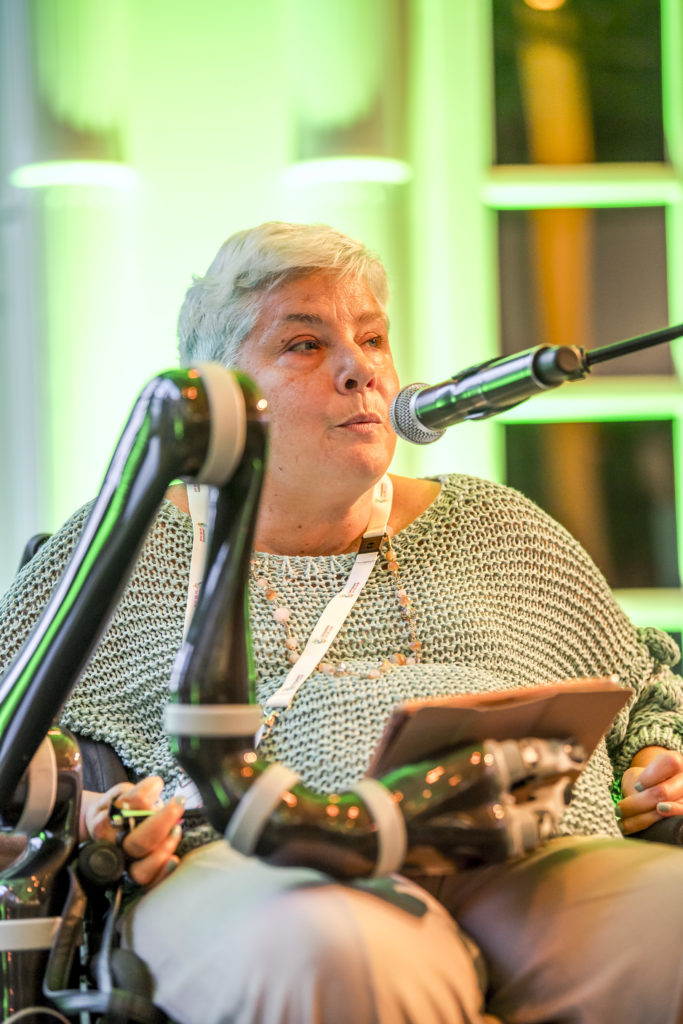
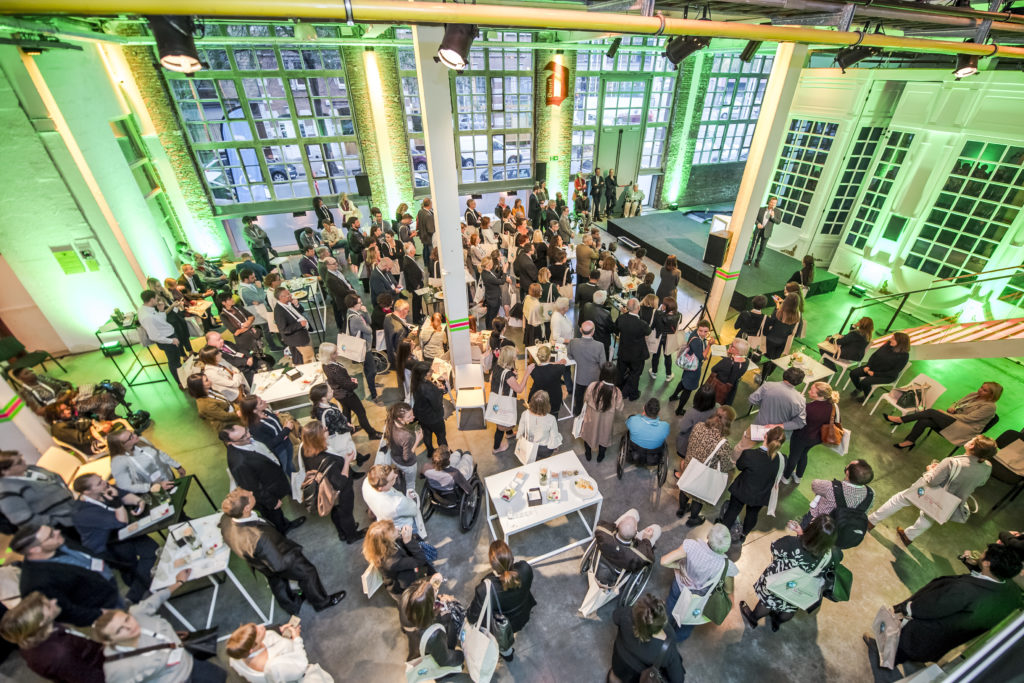
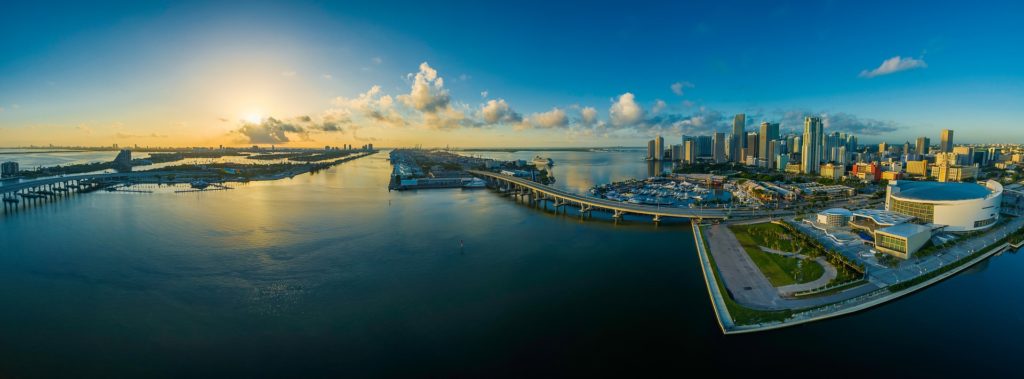
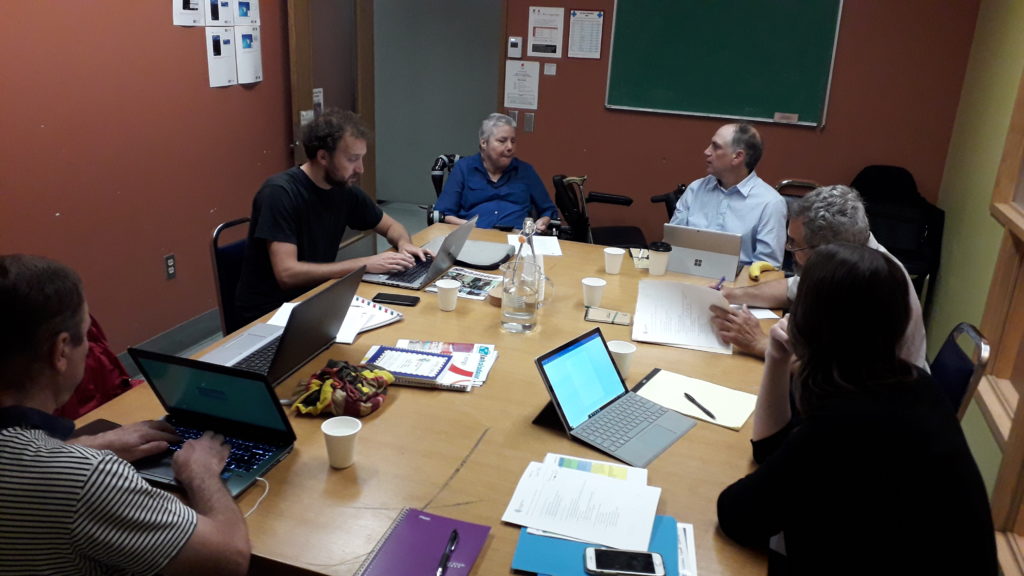
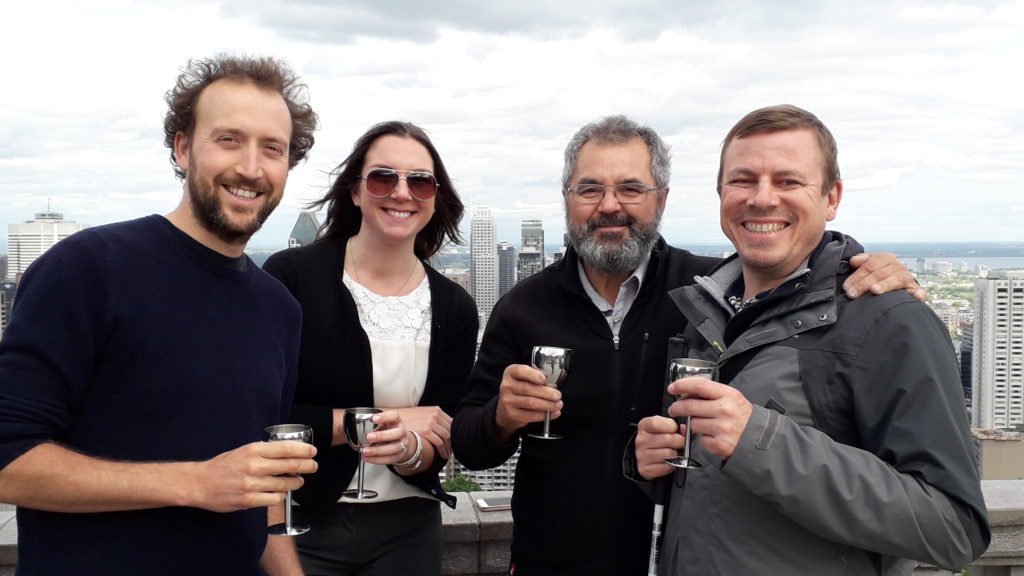
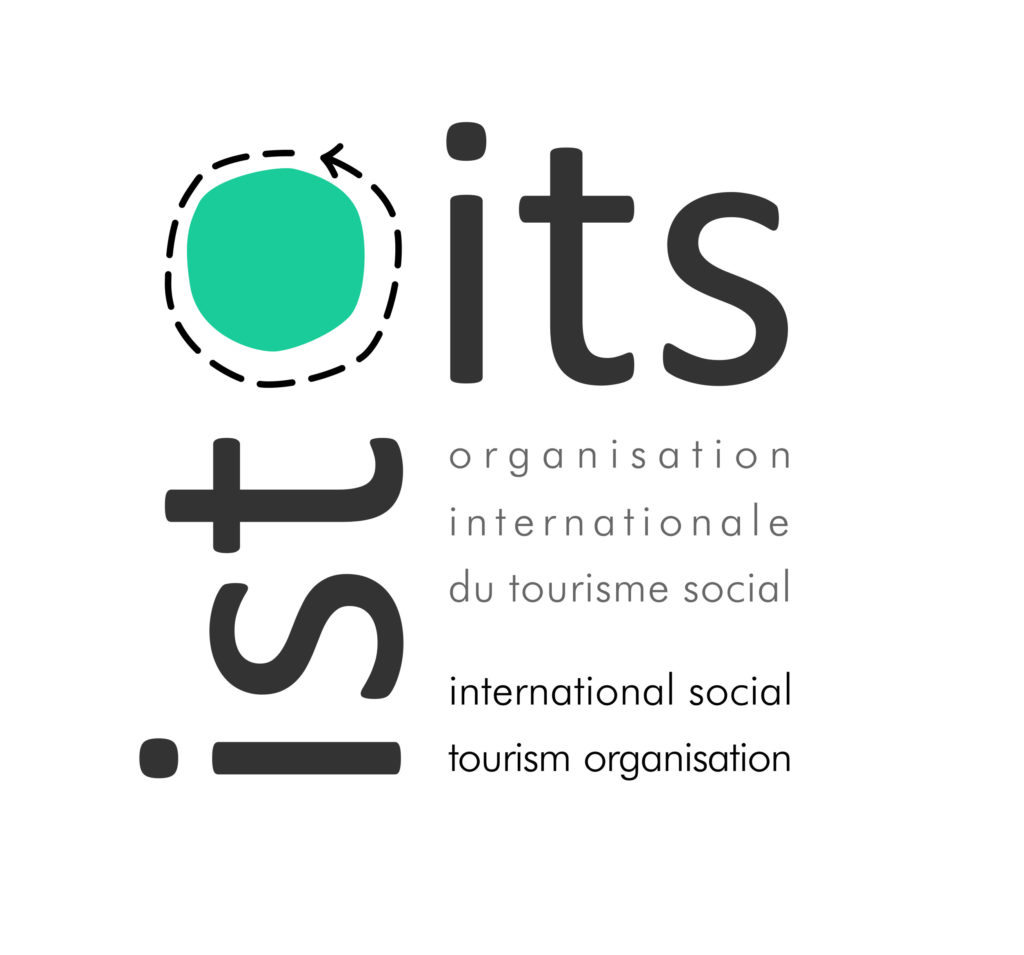 In an interview, Charles-E. Bélanger, Director of the International Social Tourism Organisation (ISTO-OITS), reveals the mission of the organisation towards responsible and fair tourism and the reasons for their investment in Destinations for All.
Tell us more about the ISTO?
The International Social Tourism Organization (ISTO) is a non-profit association established under Belgian law in 1963. It brings together actors who share a social, supportive and sustainable vision of tourism around the world.
In an interview, Charles-E. Bélanger, Director of the International Social Tourism Organisation (ISTO-OITS), reveals the mission of the organisation towards responsible and fair tourism and the reasons for their investment in Destinations for All.
Tell us more about the ISTO?
The International Social Tourism Organization (ISTO) is a non-profit association established under Belgian law in 1963. It brings together actors who share a social, supportive and sustainable vision of tourism around the world.
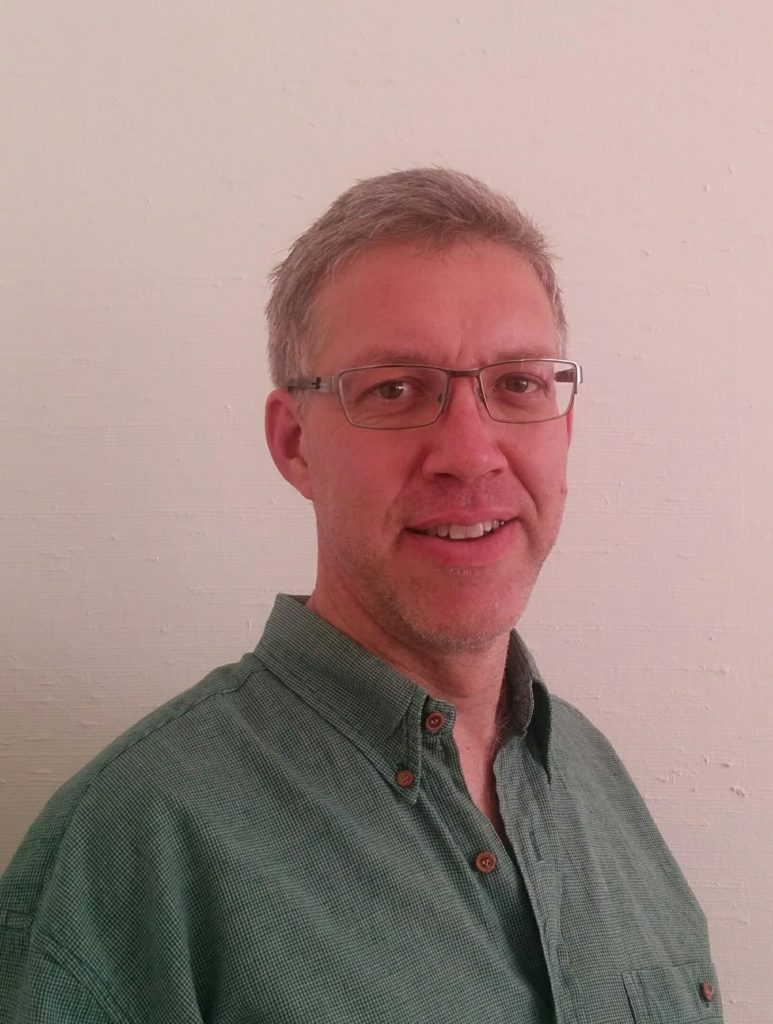 You represent more than 160 public, private and social member organisations in nearly 40 countries. What is the global mission of the organisation?
We see our mission as twofold: to encourage the development of tourism for all and to promote and support the various forms of tourism – responsible, united, fair, and community – in line with the Sustainable Development Goals (SDGs) of the United Nations Development Programme.
As director, what is your role?
I coordinate the implementation of the actions carried out in terms of representation, of member networking and the development of knowledge and realisation of projects. This is accomplished through the various bodies of the organization and at the level of its regional divisions (in the Americas, Europe, and Africa), its Alliance on Training and Research, and its Task Force and working groups.
You have joined the newly formed steering committee of Destinations for All (DFA). How and why did you choose to get involved in the continuation of DFA?
Our commitment is long-standing. ISTO joined Destinations for All for its first edition in Montreal in 2014, and continued its commitment to the Summit in 2018 in Brussels. It was an obvious step for us, as the issue of accessible tourism, holidays and leisure for the greatest number of people, including people with disabilities, is at the heart of our association’s mission. In addition to being involved in the organization of the first two summits and participating in conferences and workshops, ISTO promoted DFA throughout its extensive network.
You represent more than 160 public, private and social member organisations in nearly 40 countries. What is the global mission of the organisation?
We see our mission as twofold: to encourage the development of tourism for all and to promote and support the various forms of tourism – responsible, united, fair, and community – in line with the Sustainable Development Goals (SDGs) of the United Nations Development Programme.
As director, what is your role?
I coordinate the implementation of the actions carried out in terms of representation, of member networking and the development of knowledge and realisation of projects. This is accomplished through the various bodies of the organization and at the level of its regional divisions (in the Americas, Europe, and Africa), its Alliance on Training and Research, and its Task Force and working groups.
You have joined the newly formed steering committee of Destinations for All (DFA). How and why did you choose to get involved in the continuation of DFA?
Our commitment is long-standing. ISTO joined Destinations for All for its first edition in Montreal in 2014, and continued its commitment to the Summit in 2018 in Brussels. It was an obvious step for us, as the issue of accessible tourism, holidays and leisure for the greatest number of people, including people with disabilities, is at the heart of our association’s mission. In addition to being involved in the organization of the first two summits and participating in conferences and workshops, ISTO promoted DFA throughout its extensive network.
 More about Destinations for All steering committee members
More about Destinations for All steering committee members
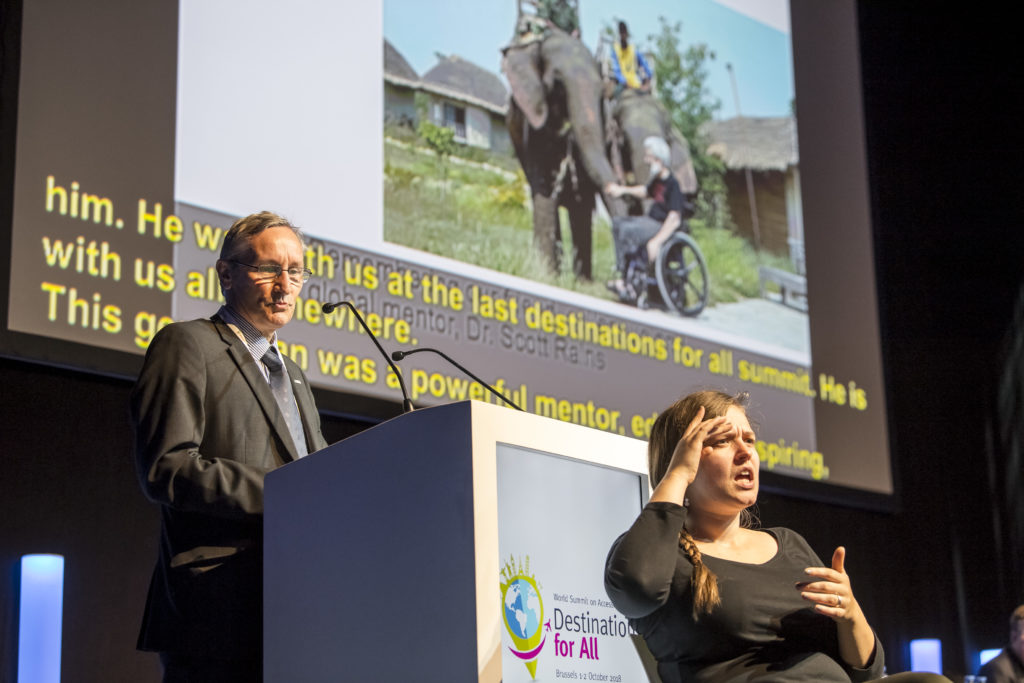
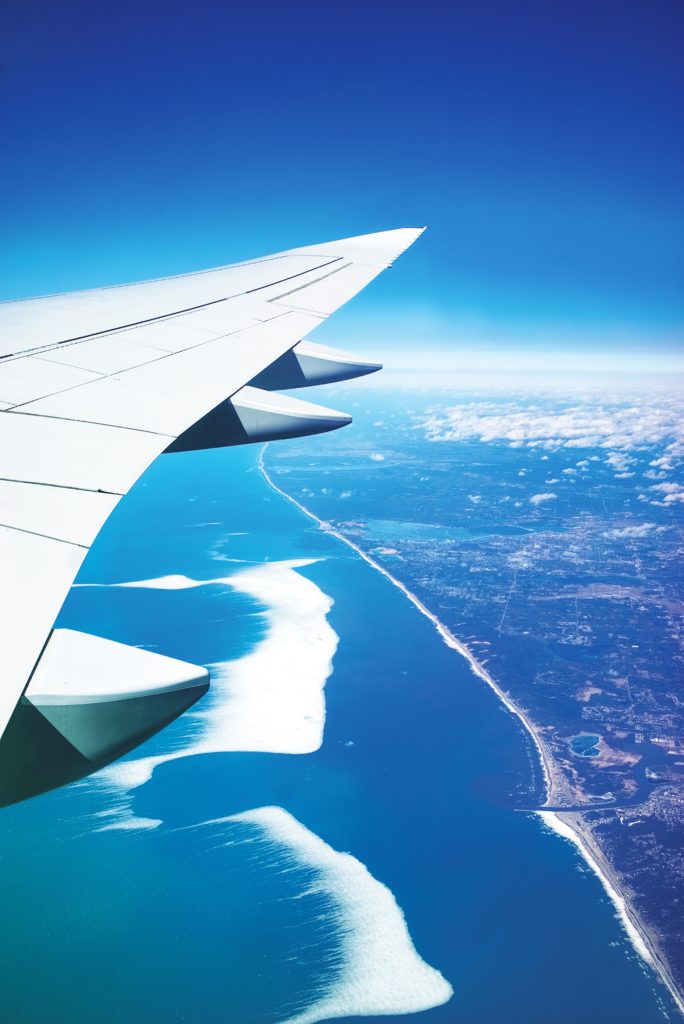

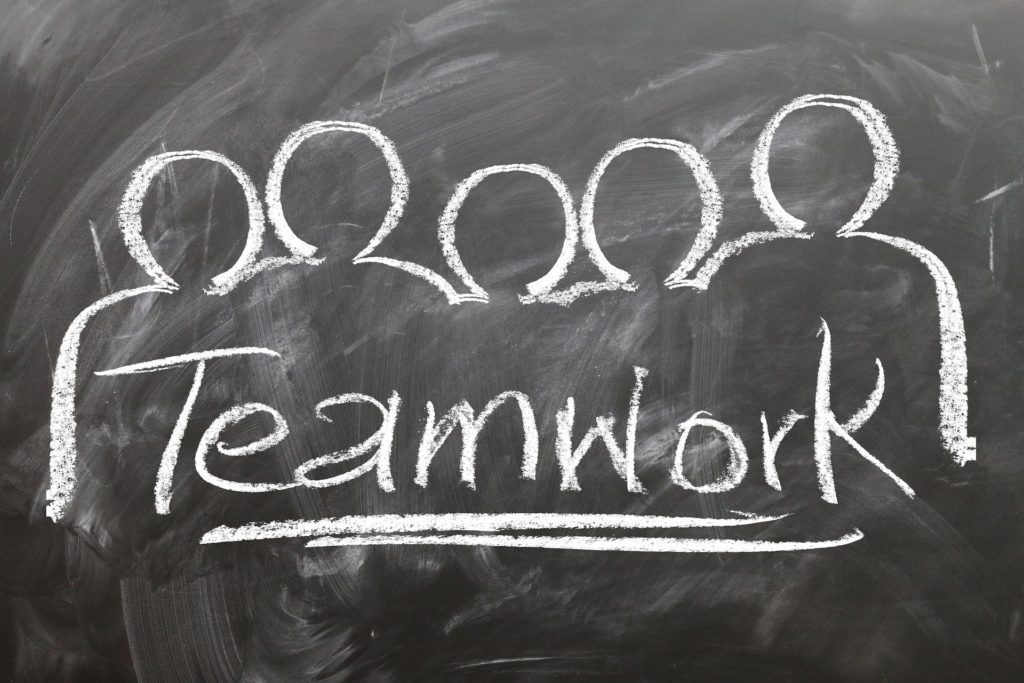
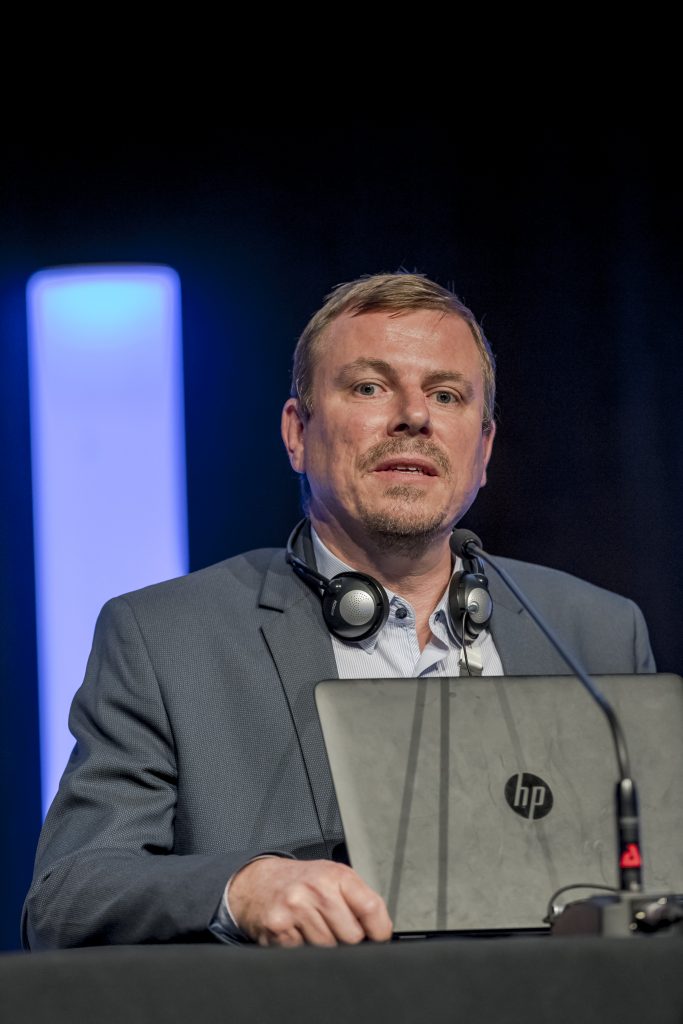
 Making tourism accessible to everyone relies on the input of influencers such as early adopters, bloggers, social media, and word of mouth, etc. Their opinions and advice help us to alter our attitudes, and to bring about change. By example, they educate us as to what accessibility should mean. Their interventions allow us to think out of the box.
Making tourism accessible to everyone relies on the input of influencers such as early adopters, bloggers, social media, and word of mouth, etc. Their opinions and advice help us to alter our attitudes, and to bring about change. By example, they educate us as to what accessibility should mean. Their interventions allow us to think out of the box. We can envisage that one day, all flights will be accessible by wheelchair. Some progress has already been made.
We can envisage that one day, all flights will be accessible by wheelchair. Some progress has already been made. Even with a low budget, destinations, transport or tourism operators can significantly improve the accessibility of destinations. Because the slightest initiative in one place is often an oil spill and will give the impetus to inspire neighbouring actors to do the same, thereby increasing accessibility. It is therefore, a question of launching the virtuous circle.
Even with a low budget, destinations, transport or tourism operators can significantly improve the accessibility of destinations. Because the slightest initiative in one place is often an oil spill and will give the impetus to inspire neighbouring actors to do the same, thereby increasing accessibility. It is therefore, a question of launching the virtuous circle. The accessible journey starts locally, with us.
The accessible journey starts locally, with us. Without accessible buildings, there can be no inclusive vacation!
Without accessible buildings, there can be no inclusive vacation! Degree and diploma courses in tourism, or even tourism development plans, leave far too little room for specific needs. In the field, training for specialists such as architects, should also be ongoing.
Degree and diploma courses in tourism, or even tourism development plans, leave far too little room for specific needs. In the field, training for specialists such as architects, should also be ongoing.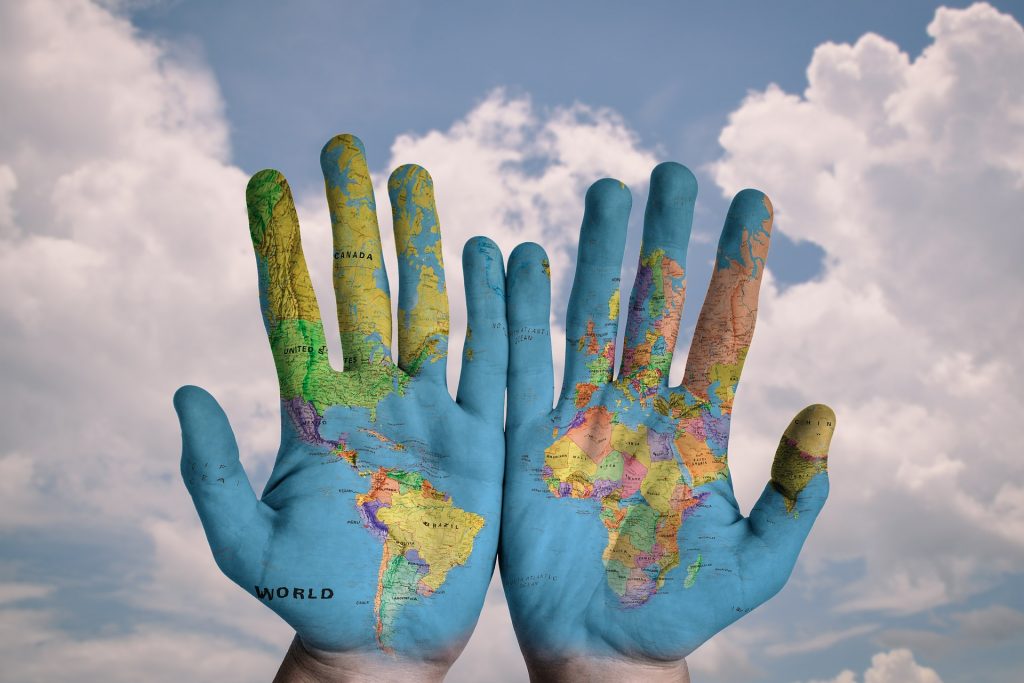 Making tourism accessible to all requires transforming the anxiety of a destination being or not being accessible into potential travel destination.
Making tourism accessible to all requires transforming the anxiety of a destination being or not being accessible into potential travel destination. In parks and in nature, accessibility for all equipment must be planned. To discover and appreciate nature, we can produce objects for visually impaired people (for example, birds in 3D), as well as creating sensory paths in gardens, etc. We must aim for accessibility for all types of visitors, as is the case in the Eiffel Park. It is important to continuously evolve: to improve access, and to create action plans to develop visitors’ routes, etc. There are still too few people who visit nature parks and attracting them to do so is a challenge.
In parks and in nature, accessibility for all equipment must be planned. To discover and appreciate nature, we can produce objects for visually impaired people (for example, birds in 3D), as well as creating sensory paths in gardens, etc. We must aim for accessibility for all types of visitors, as is the case in the Eiffel Park. It is important to continuously evolve: to improve access, and to create action plans to develop visitors’ routes, etc. There are still too few people who visit nature parks and attracting them to do so is a challenge. Accessible tourism must concern everyone: we must not segregate the public.
Accessible tourism must concern everyone: we must not segregate the public.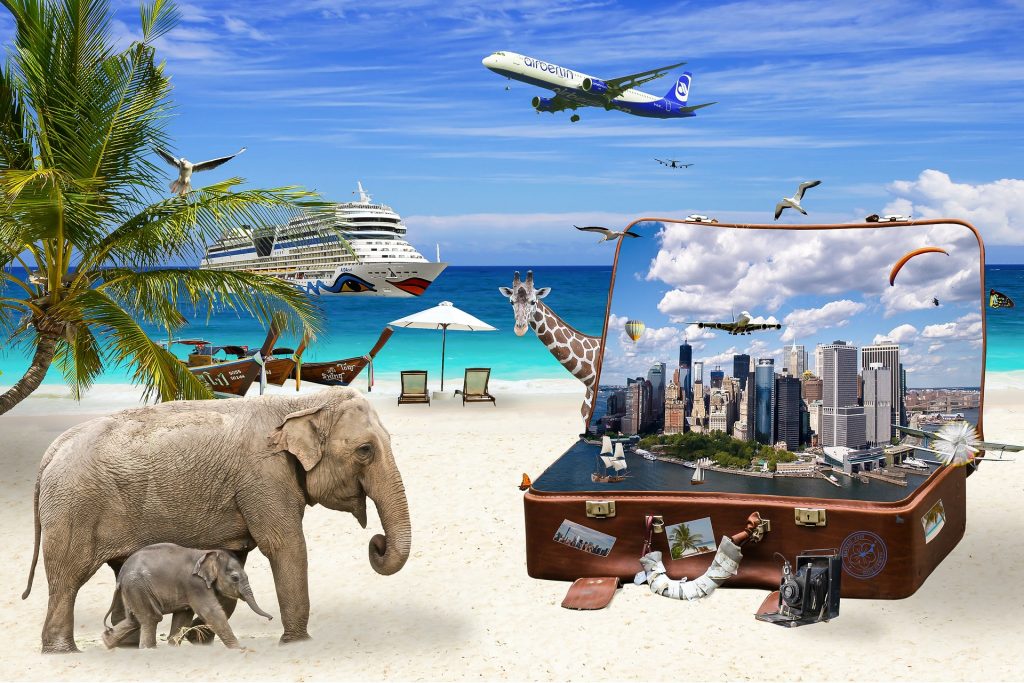 Nothing is impossible. We have to get people out of their homes. It is not necessary to be officially recognized as tour operators of accessible travel, to organize and dare.
Nothing is impossible. We have to get people out of their homes. It is not necessary to be officially recognized as tour operators of accessible travel, to organize and dare.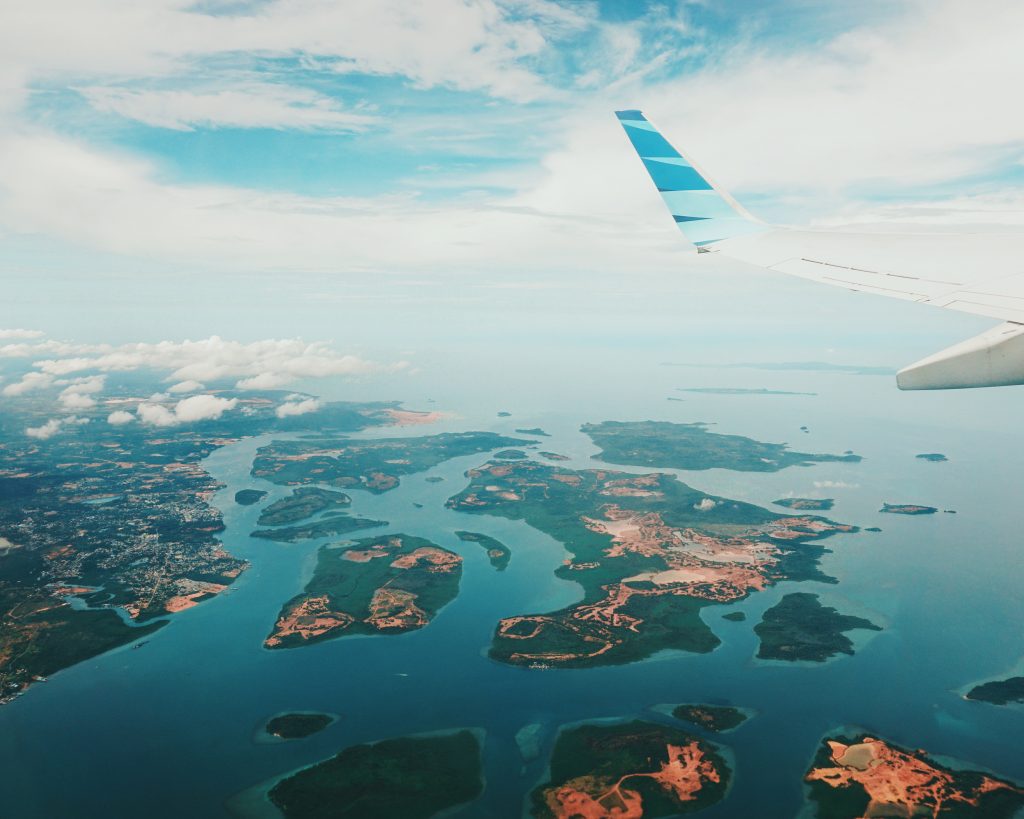

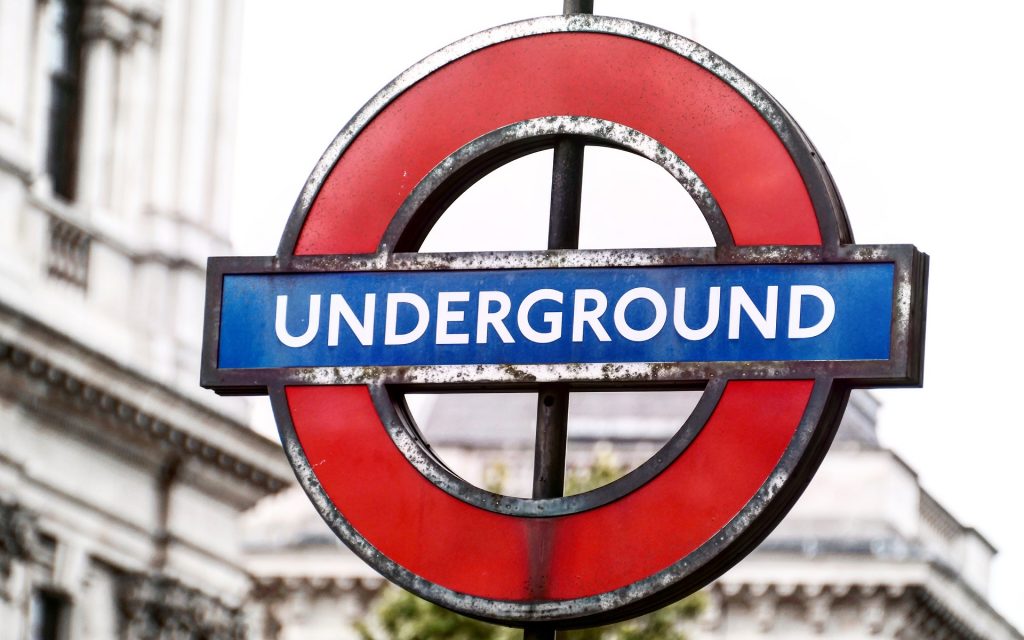
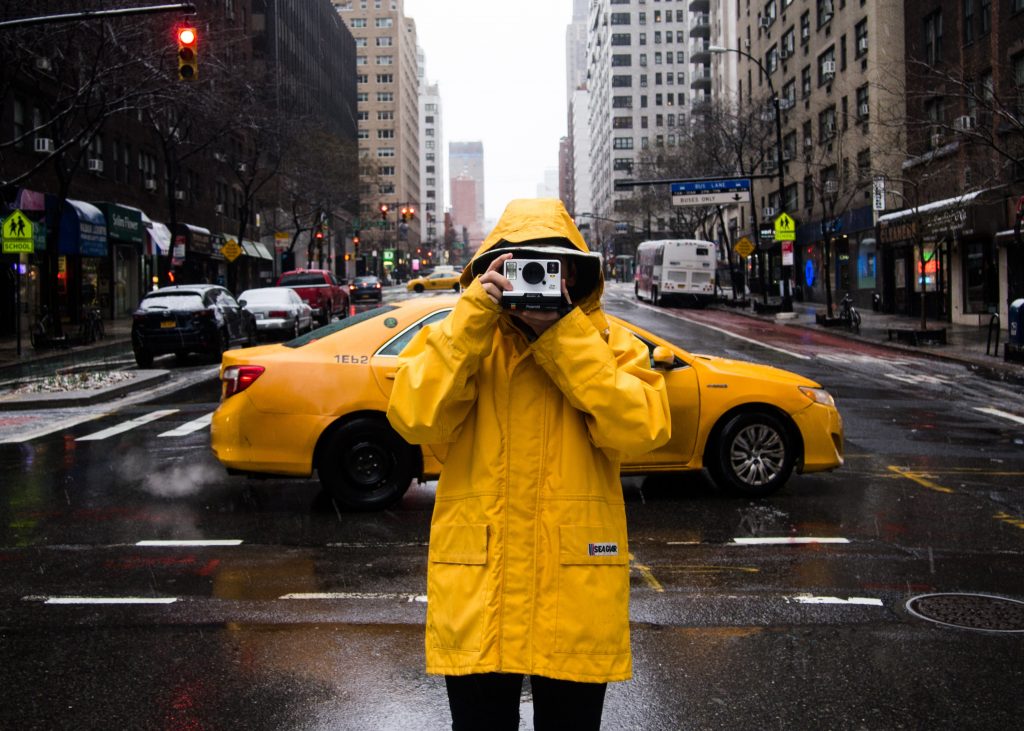 As far as individual transport is concerned (taxis), there should be strong standards: accessibility rules and regulations should be implemented.
As far as individual transport is concerned (taxis), there should be strong standards: accessibility rules and regulations should be implemented. All accessibility issues must be worked out with Destination Management Organizations (DMOs).The association and the good collaboration between organizations for the disabled, experts in accessibility (for certification) and the DMOs is essential.
All accessibility issues must be worked out with Destination Management Organizations (DMOs).The association and the good collaboration between organizations for the disabled, experts in accessibility (for certification) and the DMOs is essential.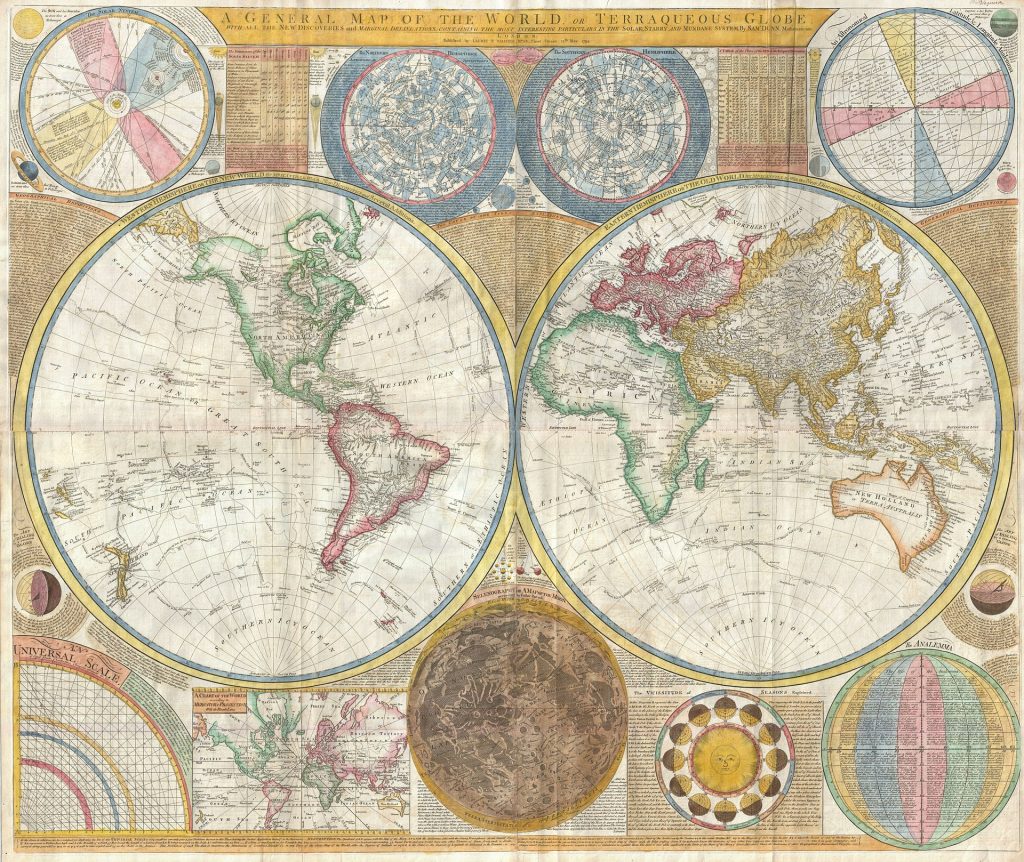 It is imperative to develop a reliable and verified information system that is detailed according to specific needs.
It is imperative to develop a reliable and verified information system that is detailed according to specific needs.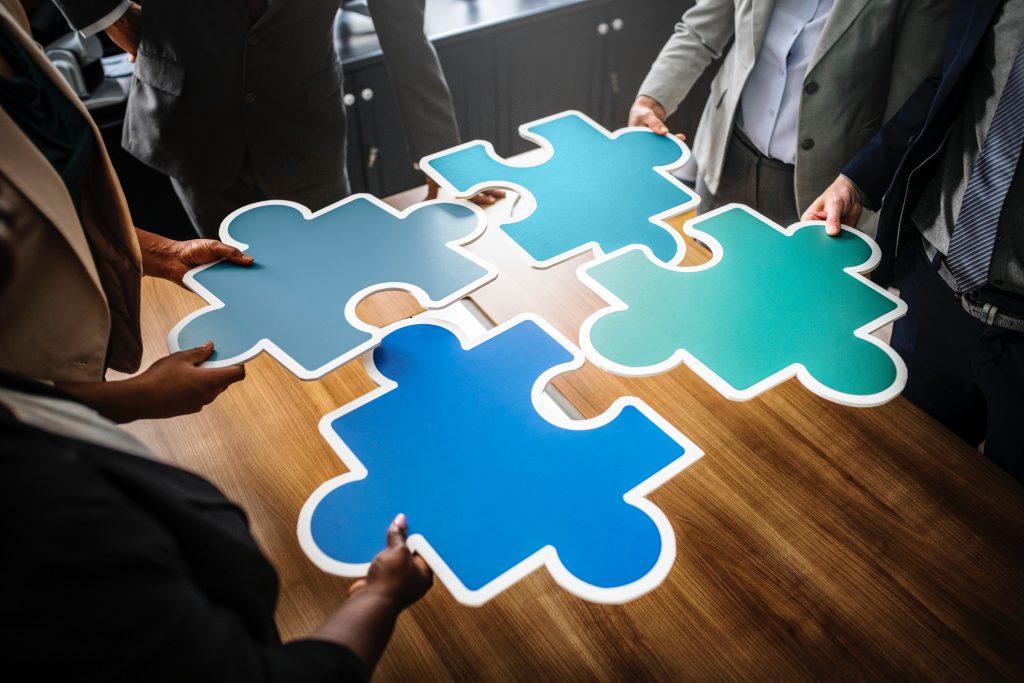 Government support and political goodwill are key elements to achieve comprehensive accessibility.
Government support and political goodwill are key elements to achieve comprehensive accessibility.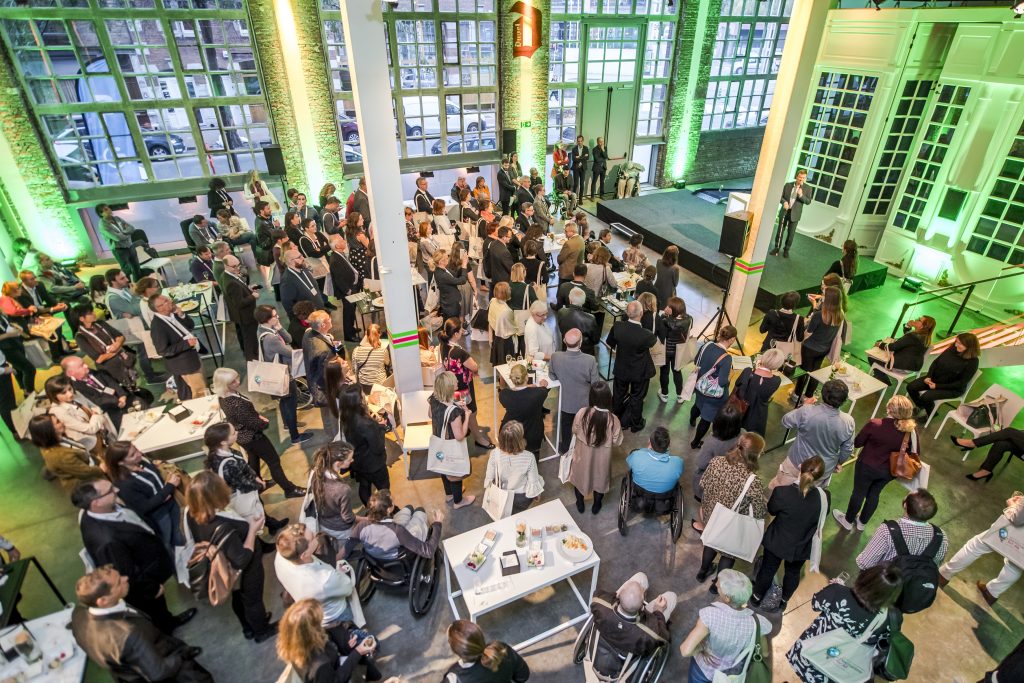
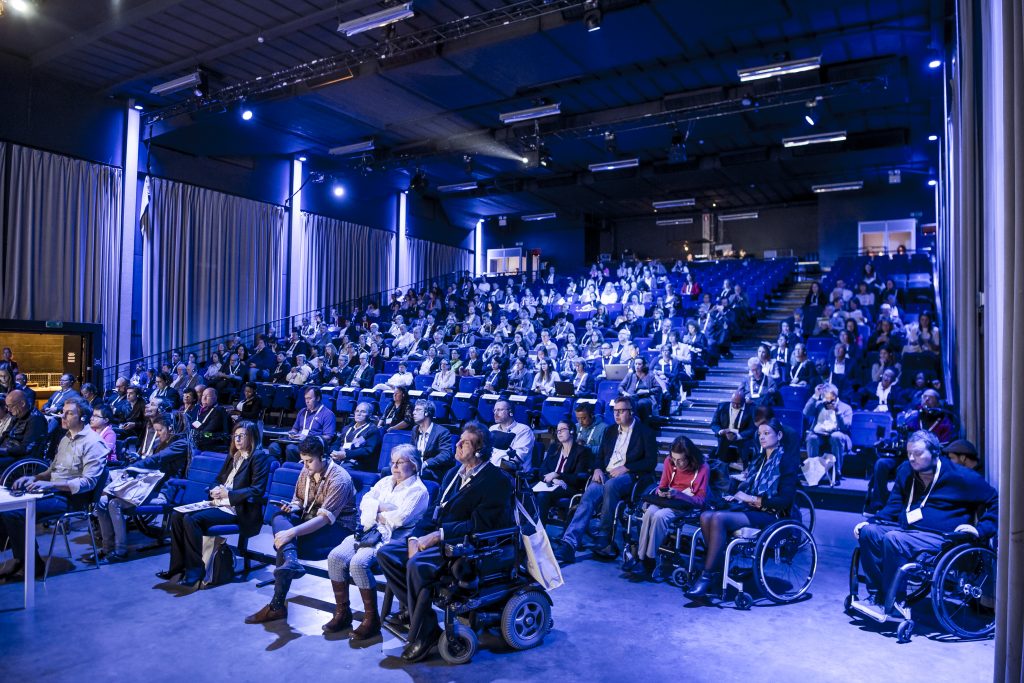
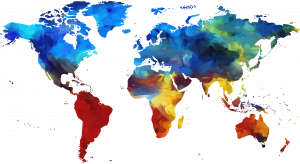 The participants represent a broad range of sectors such as government decision makers, destination managers, tourism business leaders, civil society actors, and professional associations in the tourism and travel industry.
The participants represent a broad range of sectors such as government decision makers, destination managers, tourism business leaders, civil society actors, and professional associations in the tourism and travel industry.
 Exoskeletons, glasses for the visually impaired, bionic prosthetics… the research on sensory, motor and mental disabilities has led to countless inventions stemming from new technologies. These innovations have undoubtedly improved the daily lives of people living with handicaps and of their carers, but they have also opened new social debates on and forms of protest against human enhancement and transhumanism. These debates are also a topic of reflection and critique by artists.
Exoskeletons, glasses for the visually impaired, bionic prosthetics… the research on sensory, motor and mental disabilities has led to countless inventions stemming from new technologies. These innovations have undoubtedly improved the daily lives of people living with handicaps and of their carers, but they have also opened new social debates on and forms of protest against human enhancement and transhumanism. These debates are also a topic of reflection and critique by artists.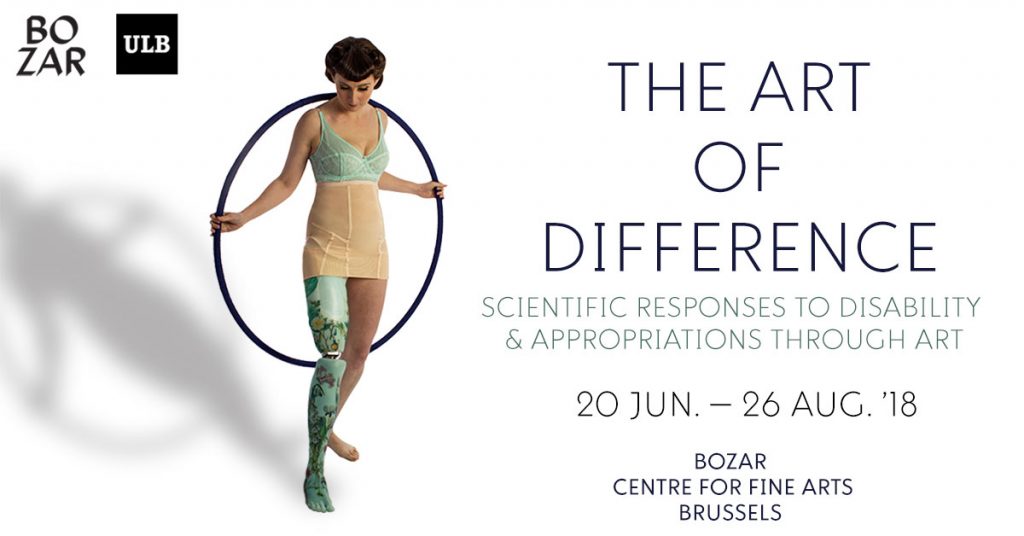
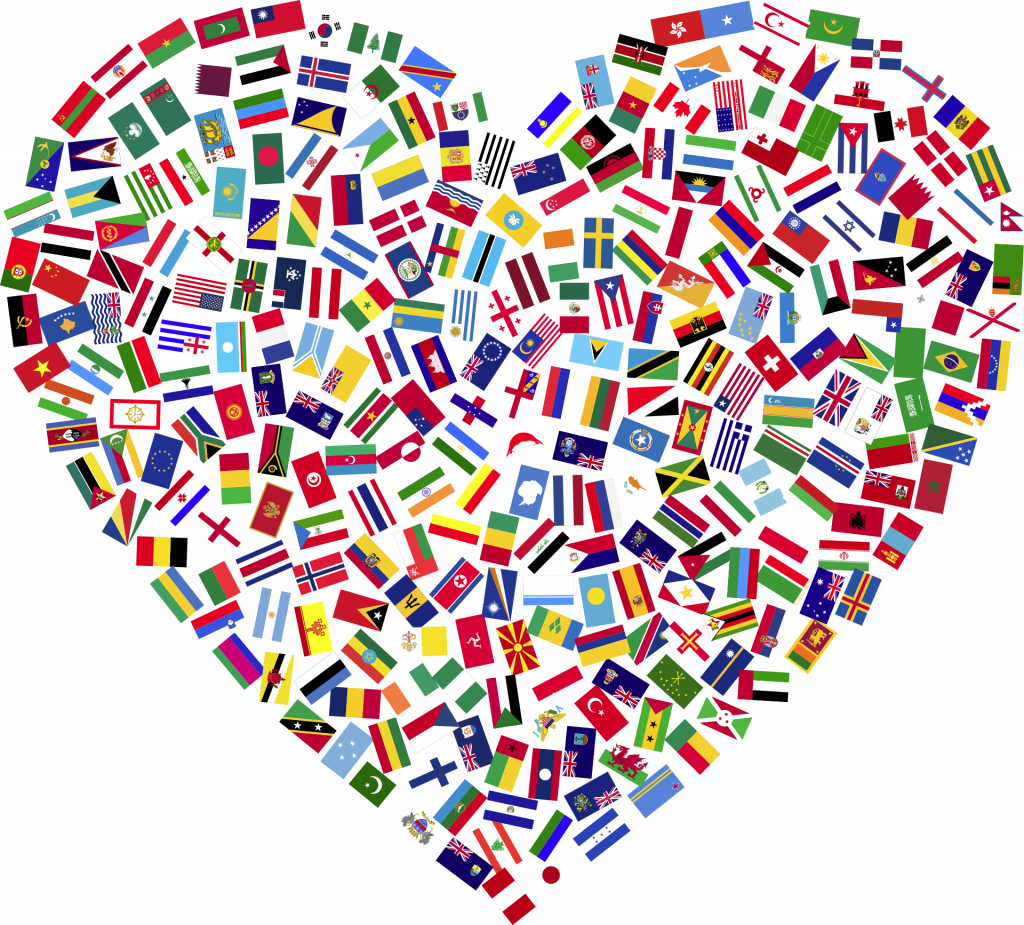
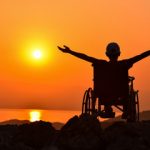
 The purpose of the Access-i non-profit organization is to promote information on the accessibility of goods and services to people with special needs.
The purpose of the Access-i non-profit organization is to promote information on the accessibility of goods and services to people with special needs.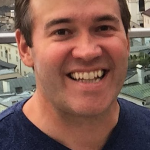



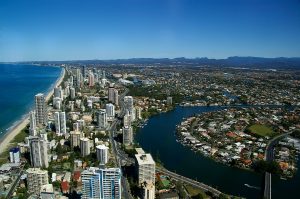 Lenna Klintworth - destination management officer for the regional tourism organisation Destination Gold Coast in Australia, will explain the substantial transformation and infrastructural requirements that the City of Gold Coast has achieved to welcome the world to the largest ever inclusive Commonwealth Games in 2018 (GC2018).
Lenna Klintworth - destination management officer for the regional tourism organisation Destination Gold Coast in Australia, will explain the substantial transformation and infrastructural requirements that the City of Gold Coast has achieved to welcome the world to the largest ever inclusive Commonwealth Games in 2018 (GC2018). For Luc Thulliez of the Ministry of Economy and Finance in France, working on accessibility for all also offers significant economic opportunities.
For Luc Thulliez of the Ministry of Economy and Finance in France, working on accessibility for all also offers significant economic opportunities. How to combine functionality, accessibility and cutting-edge design?
How to combine functionality, accessibility and cutting-edge design? The 2nd World Summit on Accessible Tourism aims at sharing and disseminating best practices as much possible with the tourism sector in order to consolidate a global network of destinations for all, accessible to people with specific needs.
The 2nd World Summit on Accessible Tourism aims at sharing and disseminating best practices as much possible with the tourism sector in order to consolidate a global network of destinations for all, accessible to people with specific needs.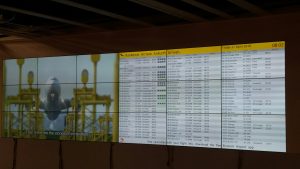
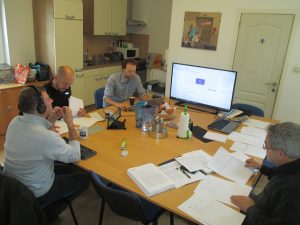 Day 2 (29 April) : Work in progress
Day 2 (29 April) : Work in progress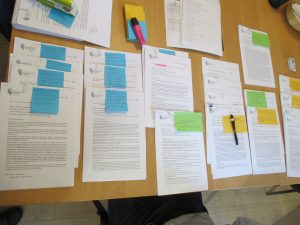 The clock is ticking – just a few hours remain for the
The clock is ticking – just a few hours remain for the 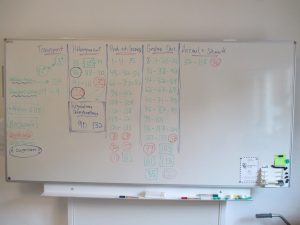 Yay! We came to 23 well-balanced sessions in the Summit five core topics, destination management, hosting and security, accommodation, leisure products and activities, and transport and mobility!
Yay! We came to 23 well-balanced sessions in the Summit five core topics, destination management, hosting and security, accommodation, leisure products and activities, and transport and mobility!
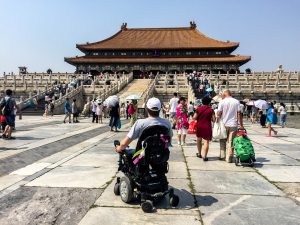
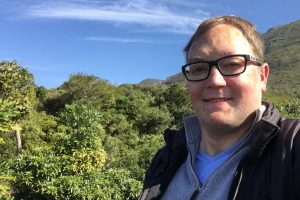 John Morris is the founder of WheelchairTravel.org (Orlando, FL, USA) and the owner of the Accessible Development Group. He holds a Bachelor's degree in History and Political Science and Master's degree in History from Florida State University and is now a resident of Orlando.
John Morris is the founder of WheelchairTravel.org (Orlando, FL, USA) and the owner of the Accessible Development Group. He holds a Bachelor's degree in History and Political Science and Master's degree in History from Florida State University and is now a resident of Orlando.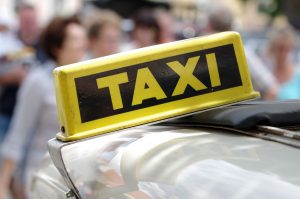 The session will address the main objective laid out in Article 10 of “A World for Everyone” that taxi and limousine dispatch companies are “to provide transportation services for persons with disabilities equivalent to those enjoyed by the general public”, and which was adopted in Montreal in 2014. The article is explicit in its stance on taxi accessibility for wheelchair users. Local authorities and public transport companies cannot continue to remain indifferent to the need for mobility for all, for any length of time. For this reason, UITP General Secretary Mohamed Mezghani will head the special seminar on this topic. The question of "How to ensure taxi service accessibility to everyone in each of our communities?” will be highlighted and central to the discussion. Eight international experts will present their experiences and opinions. This seminar will undoubtedly raise considerable interest from local authorities, especially those whose communities do not benefit from such a transport service.
The session will address the main objective laid out in Article 10 of “A World for Everyone” that taxi and limousine dispatch companies are “to provide transportation services for persons with disabilities equivalent to those enjoyed by the general public”, and which was adopted in Montreal in 2014. The article is explicit in its stance on taxi accessibility for wheelchair users. Local authorities and public transport companies cannot continue to remain indifferent to the need for mobility for all, for any length of time. For this reason, UITP General Secretary Mohamed Mezghani will head the special seminar on this topic. The question of "How to ensure taxi service accessibility to everyone in each of our communities?” will be highlighted and central to the discussion. Eight international experts will present their experiences and opinions. This seminar will undoubtedly raise considerable interest from local authorities, especially those whose communities do not benefit from such a transport service.